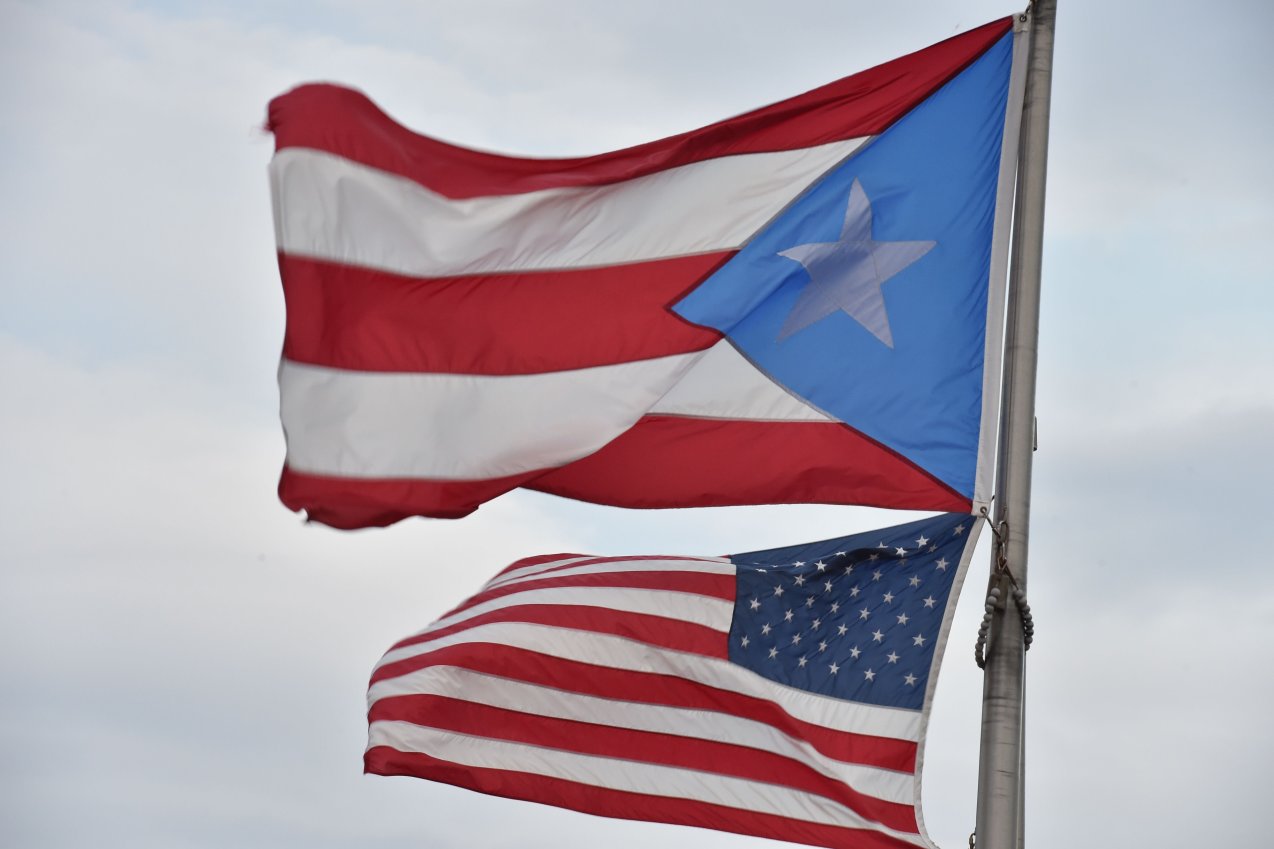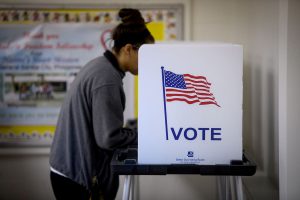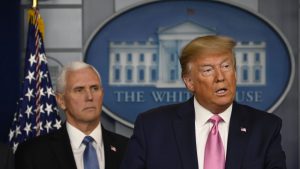By Trent Snyder
“Colonialism. The enforced spread of the rule of reason. But who is going to spread it among the colonizers?”
Anthony Burgess
Back in the endlessly groovy times of the 16th century, where racial injustice and plagues ran amok (Did he say 16th century or 21st century?), Spain thought it might be a cool idea to colonize Puerto Rico (because back then colonizing was what the cool kids did). But Spain’s rule over Puerto Rico was anything but cool; a foreigner would refer to it as being cold as ice. Repressed and heavily taxed, several Puerto Rican independence movements were “Three Time Losers,” as David Allan Coe would put it.
It wasn’t until 1898 when change occurred. America, the hot new rookie to globalization, declared war on Spain, and in 1898 the U.S. military invaded and occupied Puerto Rico and by December of that year, America owned the Puerto Rican colony.
Damon Johnson would “Call it a Trade” that occurred over the years between Puerto Rico and the United States, with the passing of several acts that granted morsels of rights to the people of Puerto Rico. As it stands now Puerto Rico is a territory of the United States and has been allowed to draft their own constitution and bill of rights (yes, I can tell you about the Constitution. Thanks, Schoolhouse Rock).
They gave themselves the name “The CommonWealth of Puerto Rico” (the use of the word ‘commonwealth’ complicates things by making it seem as they are neither a state nor a territory). Puerto Rican’s pay for medicare and your grandparent’s food. They have delegates in Washington, but they cannot vote, nor does Puerto Rico have any electoral college votes.
Puerto Rican’s also have to follow federal law and there is some debate as to whether or not to listen to the 14th amendment or the Nationality Act which, respectively, say that Puerto Ricans are and are not American citizens (as if things weren’t already complicated).
Before discussing whether or not Puerto Rico should be a state, it’s important to recognize that Puerto Rico also could have been its own country. Because the truth about colonizing, which today’s global superpowers are just starting to realize, is that it was not a very cool thing to do. Apparently people don’t love it when you come into their country, declare it as yours, grant the original inhabitants basic freedoms and then act like you’re a saint for doing it (Wait, is he talking about the Native Americans or Puerto Rico?). Puerto Rico should have been able to be its own country, but from where we are now, that might not be an option.
Why Puerto Rico isn’t already a state is also confusing. Afraid to mix races and add competition to capitalism back in 1900, the U.S. declared Puerto Rico as an unorganized territory. And in discussing current statehood of Puerto Rico things also get complicated. It’ll be difficult for statehood to happen under our current president, as he doesn’t believe in the competence of Puerto Rico’s leaders. Other candidates for president in the Democratic and Independent parties haven’t taken a stance on the issue.
Puerto Rican statehood is obviously not one of the sexiest topics in politics right now (Why talk about Puerto Rico when you can just refuse to condemn white supremacists?). Currently, it also isn’t the most important topic in politics either. But Puerto Ricans pay taxes and follow our laws and fought and died in our wars. This country was built on phrases like “no representation without taxation” and we are taxing the Puerto Ricans and giving them representation with the huge asterisk being that their representation can’t vote.
America has never been great at truly standing for what we say we stand for. A lot of the changes this country needs are big ones, and Puerto Rico’s statehood isn’t a walk in the park. But this is an opportunity to act like the country we say we are. Our job now is to seize it. Statehood is what we owe to Puerto Rico (oh, and also the money promised to help rebuild after Hurricane Maria, that too).
Sincerely, an “enforcer in training” of rule and reason,
Trent Snyder
Part of The Paw Print‘s ongoing op-ed series on the issues that matter to the 2020 Presidential election.



Be First to Comment